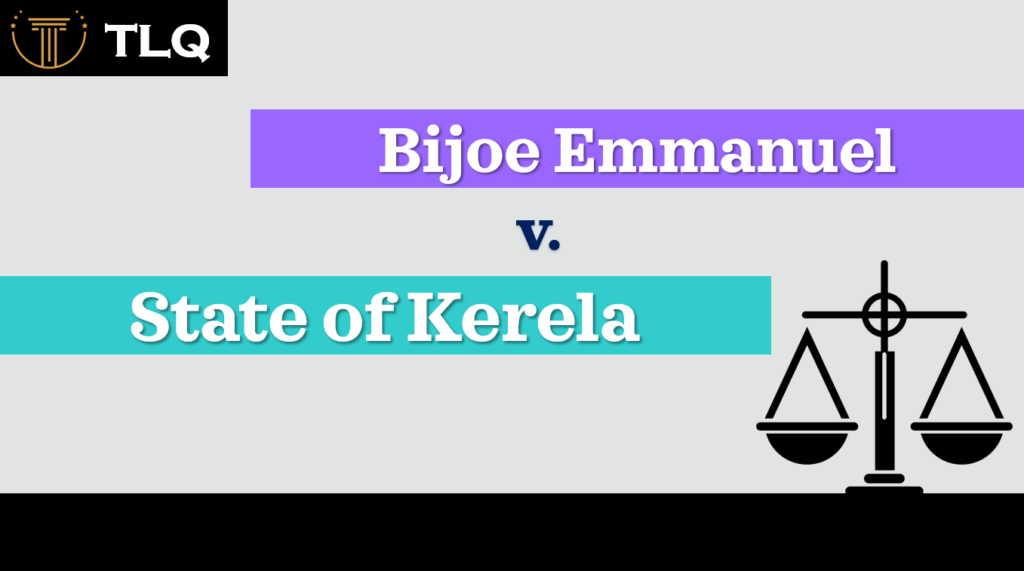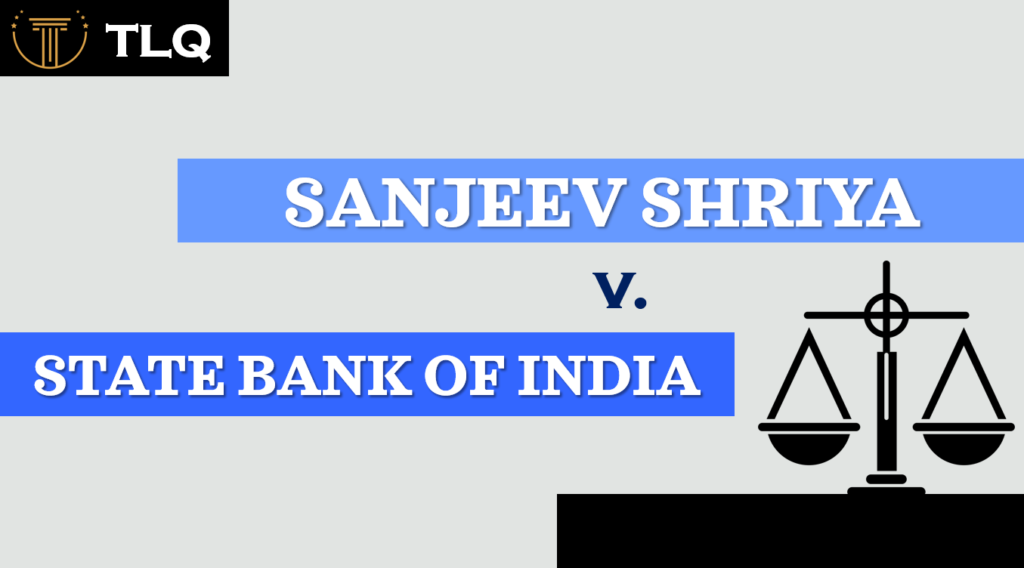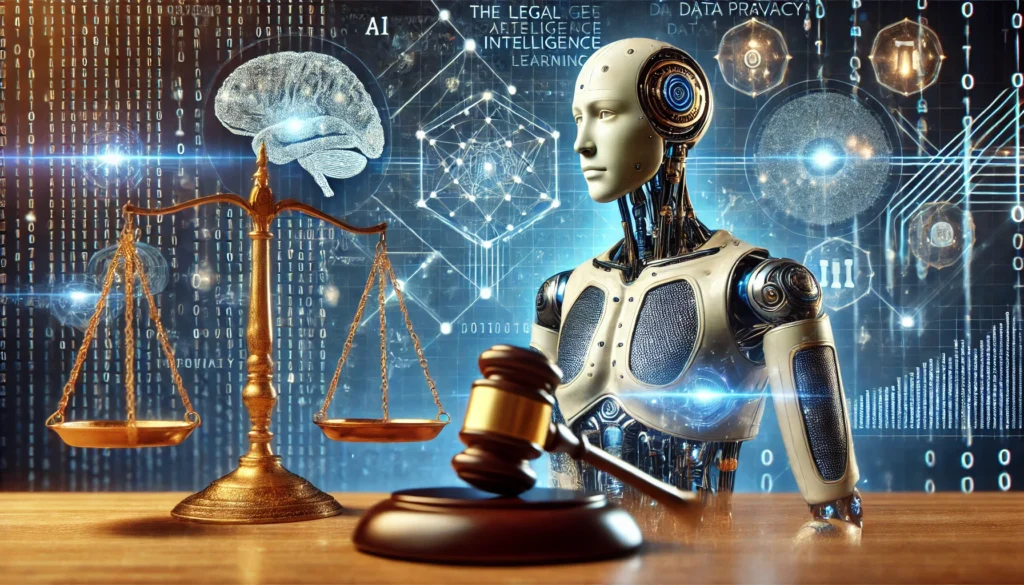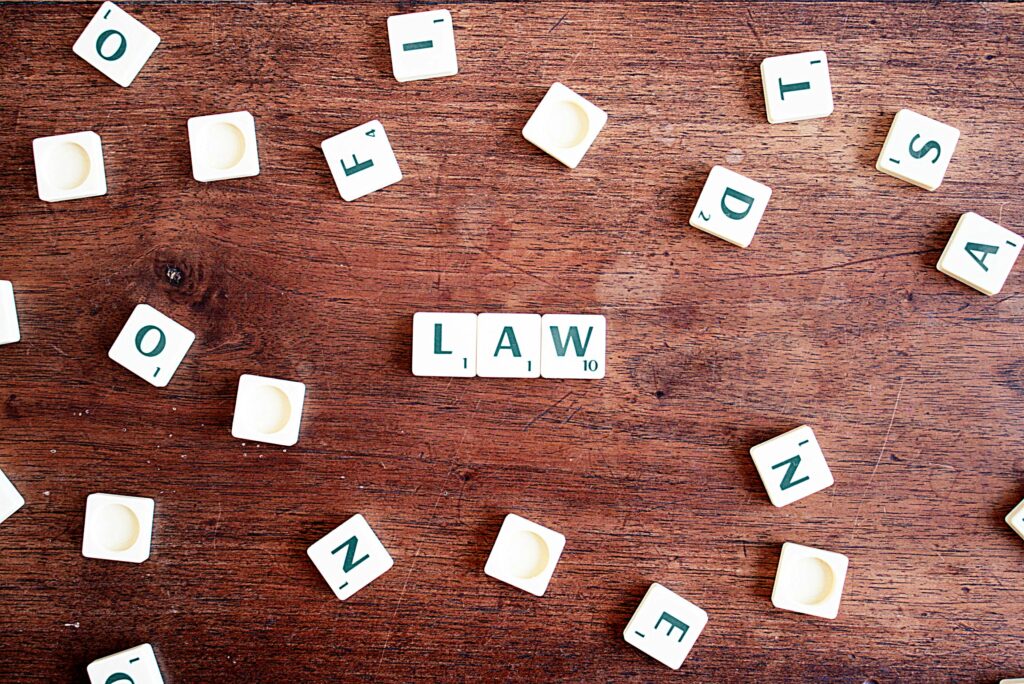Published On: 27th May, 2024
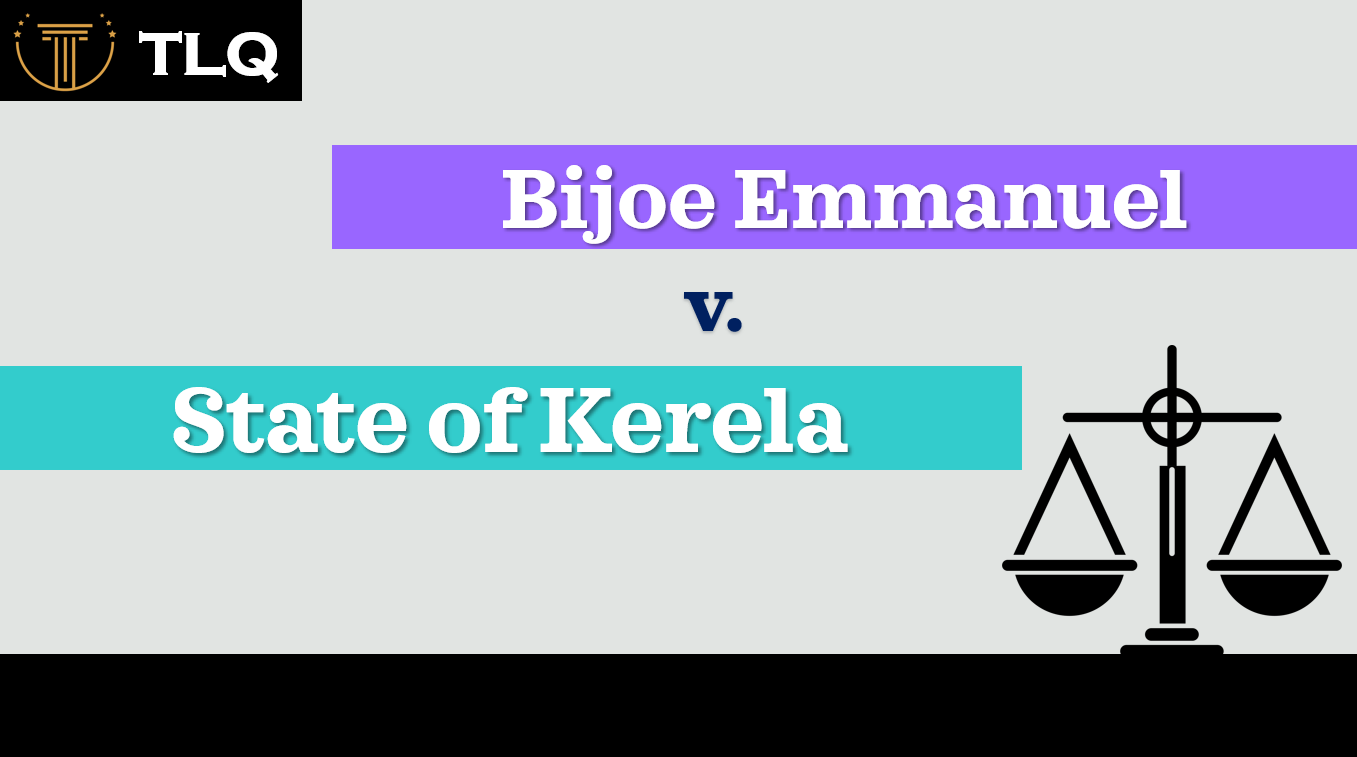
Authored By: Vanya Garima Kachhap
Faculty of Law, University of Delhi
In the case of Bijoe Emmanuel v. State of Kerela, the judiciary grappled through the delicate equilibrium amidst individual religious freedom and the national symbols of nationalism or patriotism. This case took rise from the refusal of students who were a part of a faith, refusal to sing the Nation’s anthem during the assembly of the school, brought out several fundamental questions in regards to the understanding and applying of constitutional rights. Here, in this case, we see that the students were expelled from their school for their religious beliefs and convictions that they carried, the issue that the court sought to resolve was whether their actions were genuinely an exercise of freedom of conscience or just a stunt to express an affront to the collective expression of nationalism.
In viewing the spectrum of this case against the diverse backdrop of India’s diverse cultural landscape, the case unfolded just as a pivotal test of numerous principles that are embedded in the Constitution of India. A notable case speaks for the rights of individuals, their right to exercise freedom of religion, and their right to have personal religious beliefs. This case helps in bringing to the forefront, the secularism in India and the ground reality of exercising one’s secular rights and to what extent can it be freely operated in a country like India which is home to a vast spread of devotees varying from multiple religious beliefs all across the country. Delving into the facts of the case in the immediately subsequent paragraphs.
FACTS OF THE CASE
Three students who were followers of a religion attended school in Kerela, India. During a morning prayer assembly which included singing of the national anthem. These three students refused to partake in it due to the beliefs of their religion. They were refraining from singing national anthem or patriotic songs as they viewed these acts as a form of idolatry that conflicted with their religious convictions and went against their beliefs.
They explained their religious beliefs to the authorities of the school but despite doing that, these students were expelled from the school premises for refusing to sing the national anthem. Expulsion of such stature led to legal action. A legal challenge in the Indian courts was aimed at wherein the fundamental rights of the students were examined with their relation to the freedom of religion and conscience guaranteed by the Constitution of India.
In this case, the parties involved were :
- Bijoe Emmanuel and two more students: These were the students who refused to sing the national anthem during the school assembly as their religious beliefs did not permit them to.
- State of Kerela: Representing the state government and authorities who were responsible for the administration of the school where the incident had taken place.
This case primarily may be seen as a dispute between the students who were trying to exercise their rights of freedom of religion and conscience, and between the state that had expelled them from the school for their refusing to partake in the national anthem singing.
ISSUES OF THE CASE :
Primarily there are two visible issues in this case
- Whether or not the expulsion of students for refusing to participate in the singing of the national anthem violated their fundamental rights, also including their right to freedom of religion and conscience?
- Whether or not the right to freedom of religion also encircles the right to refrain from participating in religious or patriotic ceremonies or rituals.
SECTIONS:
In this case, several different sections of the Constitution of India were applied and invoked, the major key sections are listed below.
- Article 19(1)(a): This section of this article most definitely guarantees the fundamental rights to freedom of speech and expression which is inclusive of the right to expression of one’s beliefs and personal opinions.
- Article 25(1): This section guarantees the fundamental rights to freedom of conscience and also the right to freely profess, practice and propagate religion of their choice.
- Article 26: This particular section grants individuals and religious denominations the right to manage religious affairs, with the subject of public order, morality, and health.
- Article 51A: While this particular article was not directly invoked, this article nonetheless outlines the fundamental duties of Indian citizens which is inclusive of showing respect to the national symbols that may or may not have been relevant in the context of the national anthem.
The court applied all of these constitutional provisions to conclude whether the expulsion of the students for not participating to sing the national anthem violated their fundamental rights of freedom of speech, expression, and conscience. It was seen ultimately that the court had ruled in favor of the students by affirming their rights to abstain from being a part of the national anthem ceremony which was based on their own religious beliefs.
JUDGEMENT
Coming to the court’s judgment on this case :
The Supreme Court held that expelling the students violated their fundamental rights under Article 19(1)(a) – ( Freedom of speech and expression ) and also Article 25(1) – (Freedom of conscience and free profession, practice and propagation of religion ) of the Constitution of India.
Court emphasizing the freedom of conscience included the freedom to not have any religious beliefs and to refuse participation in religious or patriotic rituals.
Court ruled that compelling individuals to sing the national anthem would certainly be against their freedom of conscience and religion.
ANALYSIS
This case is a landmark case that showcases a lot of different pictures of the current scenario clearly affirming the rights of individuals which were inclusive of atheists, to stop religious or patriotic rituals having to face discrimination or punishment of any kind. The judgment emphasized the importance of respecting the different degrees of varying beliefs while also upholding the secular principles that had been put together in the Constitution of India. This case clearly serves as a precedent for the protection of the rights of atheists and also of the individuals who had non-religious lines of beliefs in India.
In conclusion, Bijoe Emmanuel v. State of Kerela is seen as a landmark case that serves as a testament to the resilience towards individual rights in the absolute face of the norms and conventions of the society and their expectations from the residents of the society. The judiciary through its verdict confirmed the nature of freedom of religion which happens to be sacrosanct, recognizing the rights of individuals, inclusive of those who belong to the minority faiths, to stop participation in national conventions that go against their deep-rooted beliefs. This particular caselaw gives a serving as a constant reminder of the need and want to uphold principles of the constitution that talk of secularism and pluralism that is enshrined in the midst of the heart of the country’s democratic fabric.
The court in its ruling, not only held up the student’s rights but also reassured the pioneering values on which the constitution of India firms stands to ensure that not a single citizen shall be seen to be compelled to give up their religious values and tradition at the feet of patriotism.
CITATION OF THIS CASE
Bijoe Emmanuel v. State of Kerela, 1987
AIR 748, 1987 SCR(1) 3
REFERENCES
Case Name : Bijoe Emmanuel v. State of Kerela
Year: 1987
Reporter: All India Reporter (AIR)
Volume: 1987 AIR
Page:748
Reporter Series: Supreme Court Reporter (SCR)
Volume: 1987 SCR (1)
Page: 3

